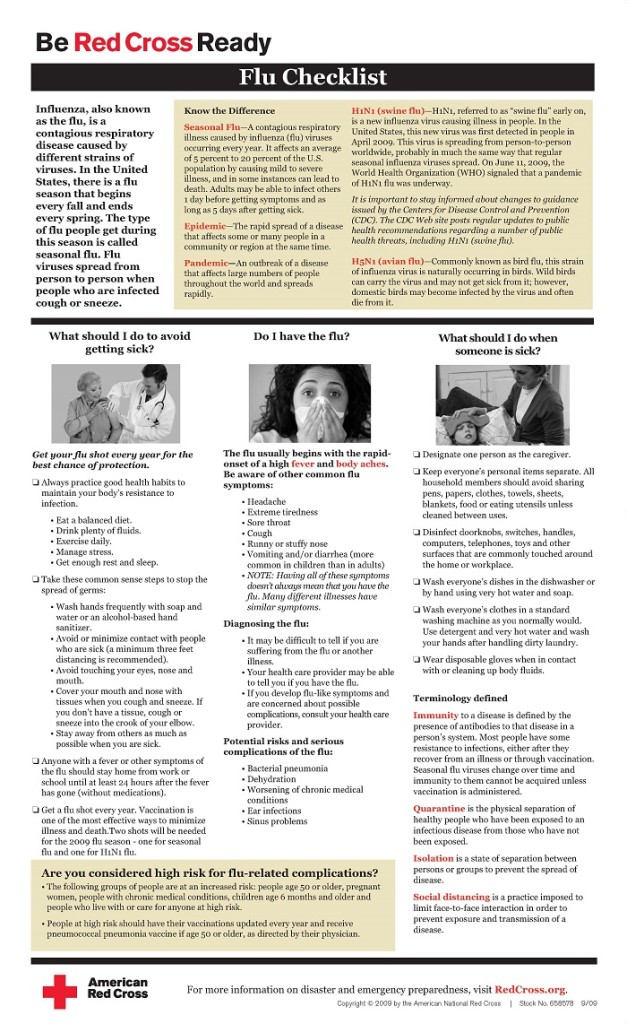Cases of a respiratory illness known as Enterovirus D68 have been reported in a growing number of states, with infants, children and teenagers most likely to become ill from the virus.
· The virus can be found in an infected person’s saliva, nasal mucus or sputum. It spreads from person to person when someone who is infected coughs, sneezes or when someone touches a contaminated surface.
· Enterovirus D68 can cause mild to severe respiratory illness. Other symptoms may include fever, runny nose, sneezing, cough, and muscle and body aches.
· People experiencing difficulty breathing should see their health care provider.
· Those with known respiratory illnesses such as asthma are reminded to take their medications and seek care if they experience any problems.
People can follow some simple steps to help prevent the spread of the Enterovirus D68.
· Wash your hands frequently. Use soap and water and wash vigorously for at least 20 seconds. If you are in a public restroom, turn off the faucet with a paper towel. Use another paper towel to dry your hands and to open the door as you exit. An alcohol-based hand sanitizer can be used if soap and water are unavailable.
· Always cough or sneeze into a tissue. Use the crook of your elbow or upper arm if you don’t have one.
· Avoid touching your eyes, nose and mouth with unclean hands to prevent spreading germs.
· Disinfect commonly touched surfaces such as phones, computers, doorknobs, switches and toys.
· Avoid contact and sharing utensils, cups and bottles with people who are sick.
· If you are sick, stay home from school or work to avoid spreading the virus.
While flu vaccinations do not prevent the Enterovirus D68, flu season is fast approaching and now is a good time to get your annual flu shot.
· Everyone six months of age and older should get vaccinated. Vaccination is one of the most effective ways to minimize the chances of getting the flu.
· Flu prevention tips are located in the free American Red Cross First Aid App and at www.redcross.org.
People can learn how to treat those who are ill by taking Red Cross training.
· Our online Family First Aid and Pediatric CPR course includes lessons on how to respond to respiratory and cardiac emergencies.
· Go to www.redcross.org for information and to register.














Follow Us